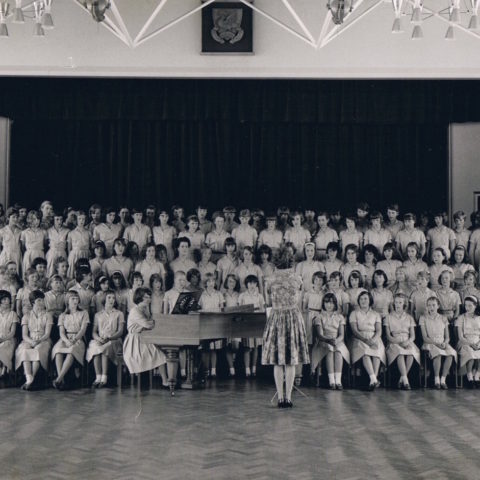The ‘turns and twists’ of the title of the special issue of Women’s History Review concerned with new readings in histories of women’s education that Sue Anderson Faithful and I co-edited in 2020 takes its starting point from the approach to intellectual developments that Kathryn Gleadle highlights in the Women’s History Review article, ‘The Imagined Communities of Women’s History: Current Debates and Emerging Themes: A Rhizomatic Approach’. The special issue illustrates some of the dynamic and heterogeneousmethodological developments and manifold tracks that characterise the history of girls’ and women’s education that Gilles Deleuze and Felix Guattari’s rhizomatic metaphor suggests. Contributions to the special issue have been sought in order to illustrate what Gleadle terms ‘fresh nodes of departure’—the emerging methodological approaches in histories of women’s education that run alongside ‘more prolonged conduits of inquiry’. As Gleadle’s essay on women’s history illustrates, when taken together ‘fresh nodes of departure’ and ‘more prolonged conduits of inquiry’ produce ‘modulated and complicated intellectual chronologies’ in histories of education. The editorial introduction illustrates the ambiguous nature of women’s education as a means through which women have sought to challenge orthodoxy witin prevailing gendered constructions and intellectual traditions.
Anderson-Faithful, Sue, and Joyce Goodman. “Introduction: Turns and Twists in Histories of Women’s Education.” Women’s History Review 29, no. 3 (2019): 363-76.
